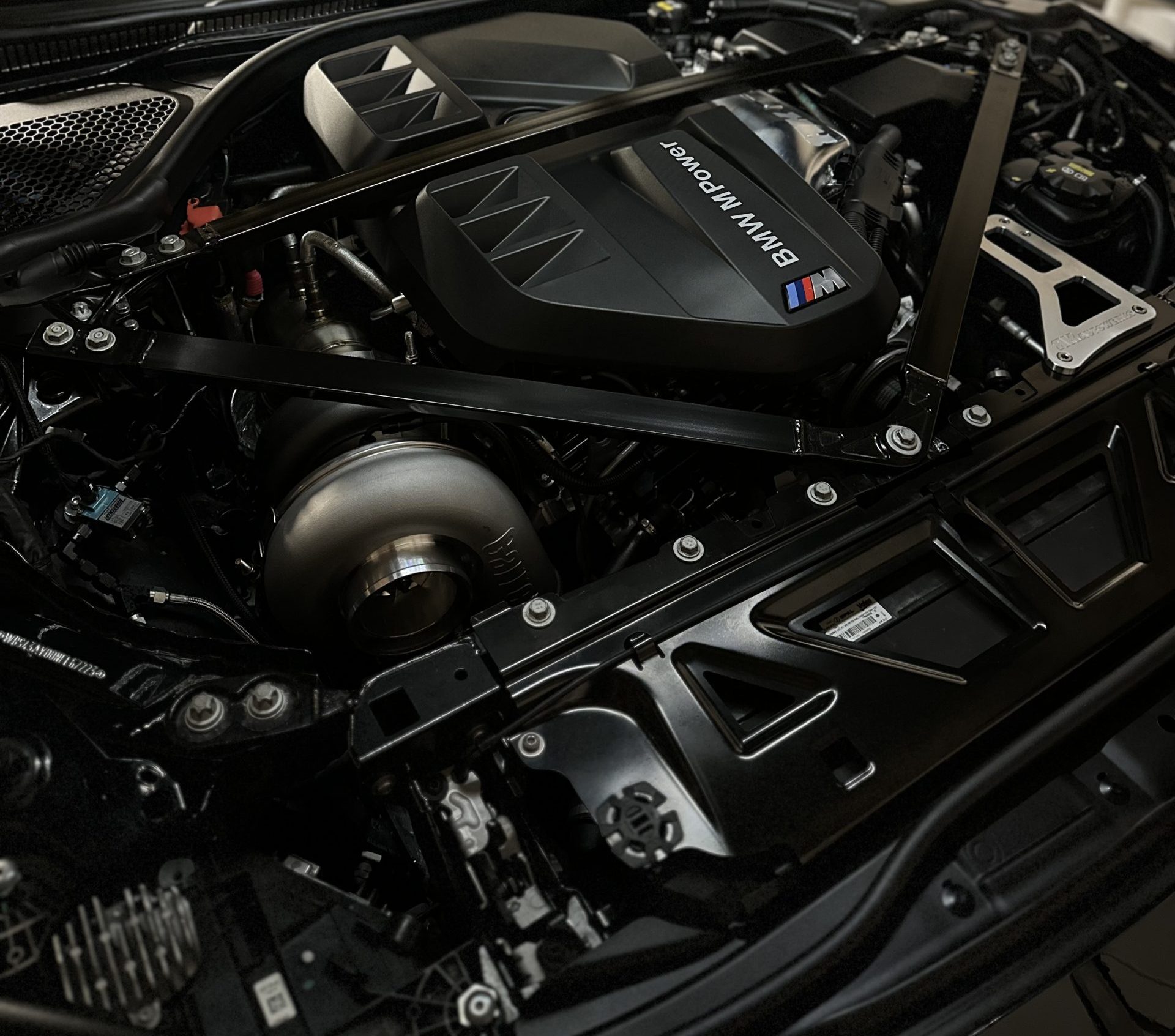Just how to Keep Your BMW Engine for Ideal Efficiency and Long Life
Just how to Keep Your BMW Engine for Ideal Efficiency and Long Life
Blog Article
Introducing the Intricacies of Next-Generation Power Units: a Deep Study Advanced Engine Developments and layouts
In the realm of automotive engineering, the unrelenting search of effectiveness, sustainability, and efficiency has driven the evolution of power systems to extraordinary elevations. As we depend on the precipice of a brand-new age in transport, the details of next-generation engine designs beckon us to explore the cutting-edge modern technologies and innovations that assure to redefine the driving experience. From innovative materials that push the borders of longevity and weight decrease to innovative turbocharging and turbo charging systems that raise power output to brand-new levels, each component of these power systems holds a crucial to unlocking the future of auto design. Digging deeper into the worlds of discharge control, intelligent engine monitoring systems, and the perspective of power unit development, we discover ourselves on the cusp of a change that assures to improve the landscape of wheelchair as we understand it.
Advancement of Engine Products

The shift in the direction of advanced engine materials has also allowed designers to develop engines with greater power outcomes while keeping gas performance standards. The use of lightweight products reduces the total weight of the engine, leading to enhanced gas economic climate and lower discharges. In addition, innovations in products modern technology have actually allowed for far better thermal monitoring within engines, causing raised integrity and longevity.
Turbocharging and Supercharging Technologies
Just How do Turbocharging and Supercharging Technologies change engine performance and efficiency in modern automobiles? Supercharging and turbocharging are modern technologies that substantially boost engine performance by boosting the amount of air intake into the burning chamber. Turbocharging attains this by utilizing a turbine driven by exhaust gases to pressurize the consumption air, while supercharging makes use of a belt- or chain-driven compressor to accomplish the very same result.
These innovations allow smaller sized, much more fuel-efficient engines to generate power comparable to bigger ones, called downsizing. Forcibly even more air right into the cylinders, supercharging and turbocharging enhance combustion efficiency, causing enhanced horse power and torque output without a significant increase in engine size. This brings about much better velocity, towing capability, and total driving performance.
Additionally, supercharging and turbocharging add to improved gas effectiveness by permitting the usage of smaller engines that eat less fuel under normal driving conditions - bmw engine. This mix of improved efficiency and efficiency has actually made turbocharging and turbo charging essential elements of several modern-day engine layouts
Emission Control and Environmental Impact
With boosting international problems regarding air quality and environmental sustainability, the implementation of emission control innovations in automobiles plays a crucial role in lowering hazardous contaminants released into the environment. Modern cars are geared up with innovative emission control systems that help minimize the environmental impact of auto operations. Catalytic converters, as an example, are created to transform toxic gases such as carbon monoxide gas, nitrogen oxides, and hydrocarbons right into much less harmful substances like carbon dioxide and water vapor.
In addition, improvements in engine innovation, such as the assimilation of exhaust gas recirculation systems and selective catalytic reduction, have actually significantly added to decreasing emissions. These innovations operate in tandem to maximize burning effectiveness and decrease the release of damaging pollutants into the air. Additionally, the growth of hybrid and electrical lorries stands for a critical step in the direction of minimizing the overall environmental impact of the transport market.
Intelligent Engine Administration Systems

Furthermore, these systems make it possible for cars to meet strict discharges criteria without compromising performance, offering a more eco-friendly driving experience. The assimilation of synthetic intelligence and artificial intelligence capabilities in engine management systems remains to push the boundaries of what is possible, leading to additional improvements in performance, reliability, and general car efficiency. bmw engine. As automotive innovation advancements, smart engine management systems will certainly play a critical function in forming the future of transport towards an extra sustainable and effective direction
Future Trends in Power Device Advancement
As smart engine management systems pave the way for enhanced control and optimization in modern-day cars, future patterns in power device growth are poised to discover this redefine the landscape of automotive propulsion innovations. These different power sources provide enhanced performance and efficiency while aligning with strict ecological regulations.
An additional substantial trend is the combination of innovative materials and making techniques. Lightweight products such as carbon fiber and light weight aluminum are being made use of to reduce total lorry weight, enhancing gas performance and performance. Additionally, developments in 3D printing and additive manufacturing are making it possible for the manufacturing of complex engine elements with higher accuracy and sturdiness.
Furthermore, man-made knowledge and equipment click here for info understanding are playing an essential role in enhancing power unit efficiency. These technologies permit real-time surveillance and flexible control, resulting in extra efficient and reliable power distribution. On the whole, future trends in power system development are tailored in the direction of performance, effectiveness, and sustainability, driving the auto market in the direction of a new age of propulsion technologies.

Final Thought
Finally, the developments in engine materials, turbocharging, exhaust control, and intelligent monitoring systems have led the way for next-generation power devices. These technologies have not only better performance and effectiveness yet likewise lowered environmental impact. As innovation remains to progress, future fads in power system growth are likely to concentrate on further improving sustainability and maximizing power output. The complex layouts and innovations in contemporary engines display the recurring advancement of vehicle modern technology.
Checking out the dynamic advancements in engine products has actually been pivotal in enhancing the performance and efficiency of contemporary engines. Over the years, the development of engine products has actually played an essential role in pushing the boundaries of what engines can achieve.The shift towards progressed engine products has actually additionally made it possible for engineers to click for source create engines with greater power outcomes while keeping gas effectiveness standards.The execution of smart engine monitoring systems in contemporary cars has transformed the way engines are regulated and optimized for performance and efficiency. By gathering information in real-time and evaluating it with sophisticated algorithms, smart engine management systems can adapt to driving styles, ecological variables, and engine wellness to take full advantage of power output while minimizing gas usage and emissions.
Report this page